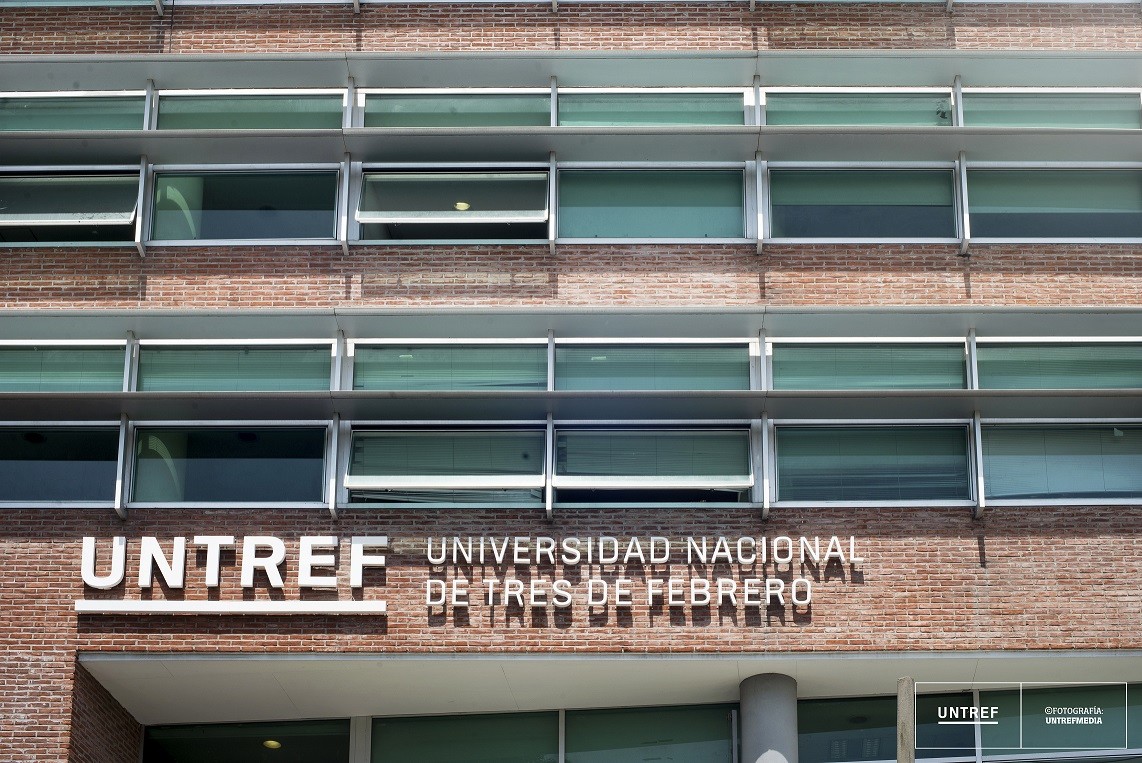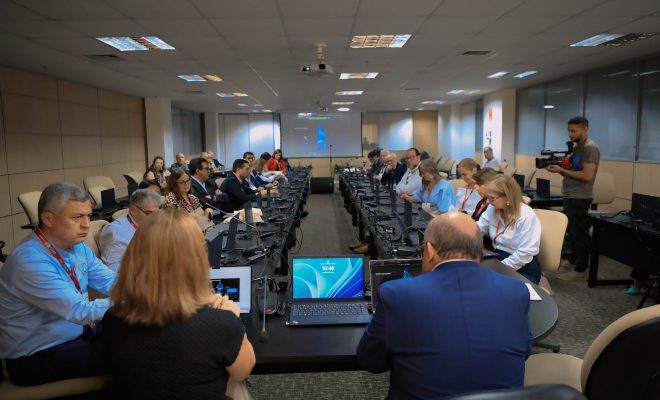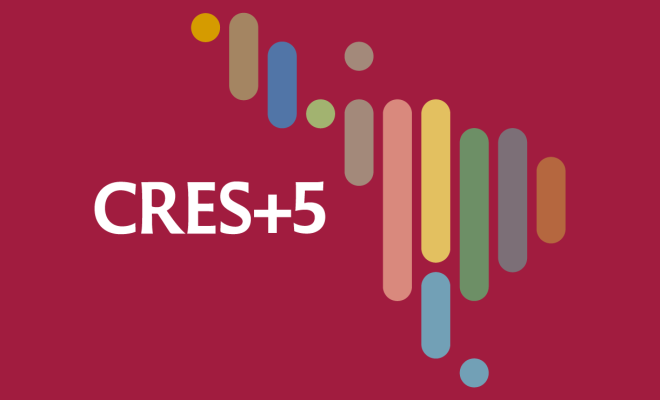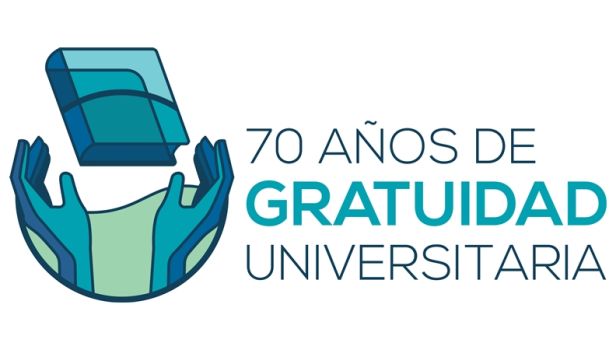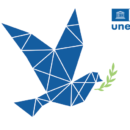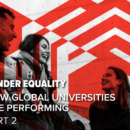Signature of Collaboration Agreement between OEI and UNESCO-IESALC to Promote Higher Education in Latin America
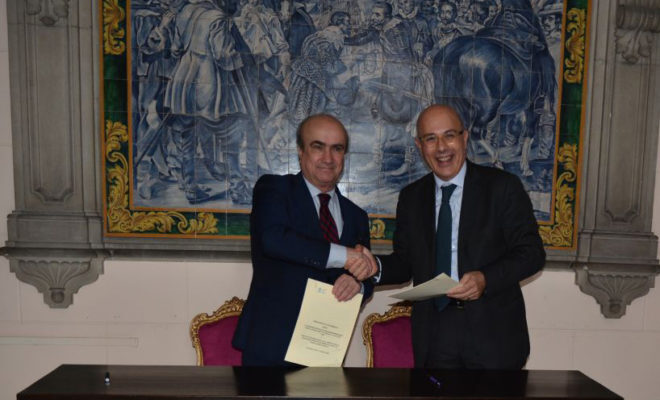
• Today in Havana, the Secretary General of the OEI (Organization of Ibero-American States), Mariano Jabonero, and the director of UNESCO-IESALC, Francesc Pedró, signed a collaboration agreement to promote higher education in Latin America.
• Low academic and research mobility and the need to improve the quality of higher education are some of the regional challenges addressed in the agreement and work plan agreed upon by both entities.
• Ibero-America is the second region in the world where the number of higher education students who have undertaken studies in another country in the last 5 years has least grown.
Havana (Cuba), February 11, 2020– The Organization of Ibero-American States for Education, Science and Culture (OEI) and the UNESCO International Institute for Higher Education in Latin America and the Caribbean (UNESCO-IESALC ) have today signed an agreement in Havana to collaborate in the construction of the Ibero-American Knowledge Space, in line with the generation of opportunities of lifelong education for everyone, promoted by the Framework for Action of the Sustainable Development Goals (SDG) 2030 and, specifically, SDG4.
In the Declaration of the XV Ibero-American Summit in Salamanca in 2005, the Heads of State and Government agreed to make progress in the creation of an Ibero-American Knowledge Space aimed at the necessary transformation of higher education, and entrusted this task to the Ibero-American General Secretariat (SEGIB), the OEI and the Ibero-American University Council (CUIB). Progress in achieving this goal is even more pressing today, given that, in recent years, the region has experienced an extraordinary growth in enrolment in higher education, together with the number of institutions providing these specialties. There are currently more than 30 million students in Ibero-American universities, and a significant percentage of them are the first in their family to access this level of education.
The OEI and the IESALC will work together to promote the quality of the teachings that the region’s higher education institutions are offering, and the quality of said institutions. They will also articulate proposals, such as the development of a common academic metric, that remove obstacles to academic mobility in Latin America, which is the second region in the world where the number of higher education students who have undertaken studies in a country other than their own in the last five years, has least grown.
In the words of the Secretary General of the OEI, Mariano Jabonero, this agreement “is a strategic alliance in favor of higher education signed by the two educational cooperation organizations that have the greatest historical trajectory, presence and activity in the region, as well as the highest level of institutional, political and academic relations. These circumstances suggest positive results in the short and medium term. ”
Under this Agreement, UNESCO-IESALC joins the Ibero-American Network of Indicators of Higher Education (IndicES Network) and the Network of Indicators of Inter-American and Ibero-American Science and Technology (RICYT), coordinated by the OEI and integrated by those responsible of the Statistics Offices of the respective ministries of each country. The shared objective is to contribute to the development of new indicators that offer a more faithful image of the state of science and higher education in Latin America. This is fundamental information to guide the projects and proposals of both organizations, as well as the region’s government’s public policies in these areas.
The joint work plan of the OEI and UNESCO-IESALC takes into consideration the realization of a high-level International Forum in Lima (Peru), this year. This Forum is expected to count with the presence of high ministerial representatives of the region, specialized agencies and international experts, where the most relevant issues that exist today in higher education in Latin America will be examined.
OEI and UNESCO-IESALC have also undertaken to collaborate in the preparation of reports and publications analyzing the situation of higher education in Latin America, its results, trends, future prospects or best practices. In particular, a study is planned, the findings of which will form part of a periodic report entitled Panorama of Higher Education which will specially focus on Technical and Professional Higher Education in its first 2020 edition.
In this sense, the director of the IESALC, Francesc Pedró, stressed that “the challenges facing higher education in Latin America, that were so well diagnosed during the III Regional Conference of Higher Education in Córdoba, Argentina (CRES 2018), can only be approached appropriately through alliances: by joining efforts with cooperation and joint work initiatives such as the one that OEI and UNESCO-IESALC undertake today, we will multiply the impacts”.
Finally, both entities have agreed to jointly organize an Ibero-American Seminar: Quality Practices in Internationalization, in Colombia. The aim is to identify the best practices in internationalization that Ibero-American universities are carrying out in order to be able to replicate them by adapting them to other institutions.
Foto ©UNESCO Habana/E. Suárez
RELATED ITEMS
